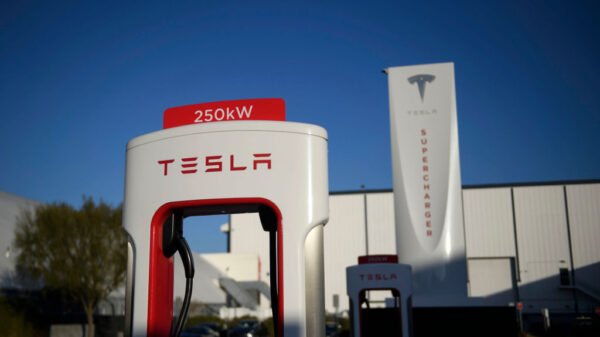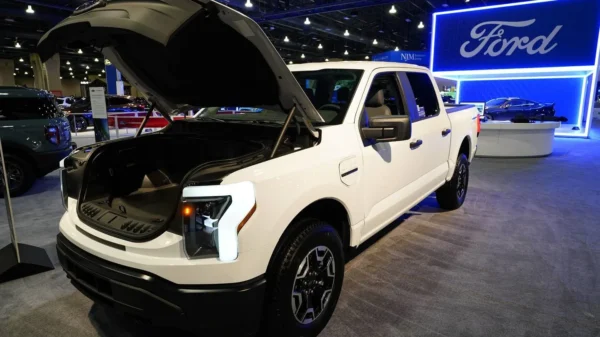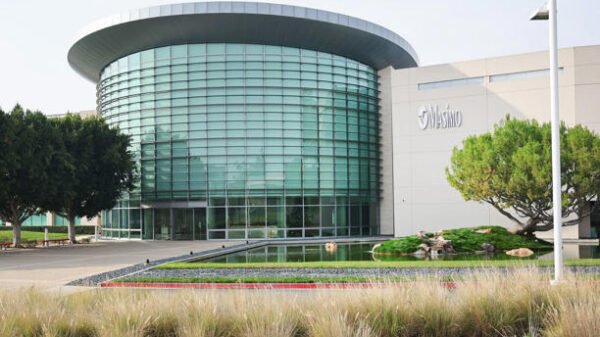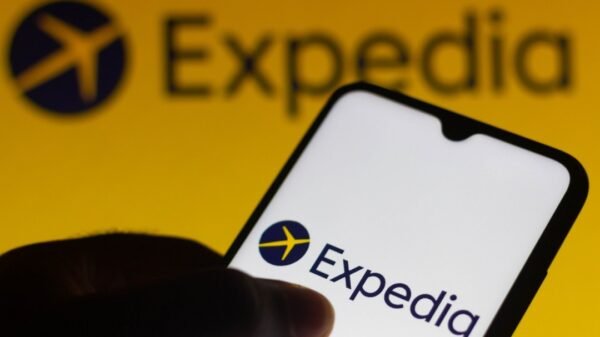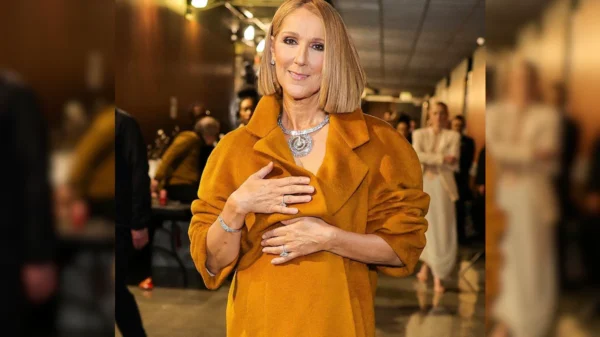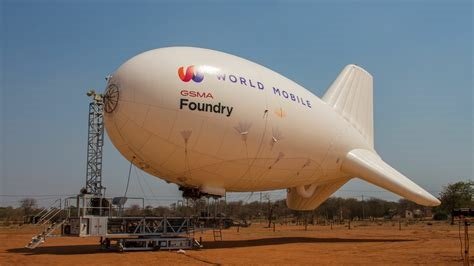World Mobile, a London-based startup, is taking a unique approach to tackle wireless dead zones and expand connectivity. The company’s strategy involves selling “AirNode” cell sites to provide 4G connectivity in areas lacking it, and then compensating buyers for their contributions to the network. Additionally, World Mobile plans to offer coverage in rural areas using tethered balloons stationed at altitudes between 1,000 and 3,000 feet.
This decentralized-wireless architecture aims to connect people in areas with poor or no connectivity, such as remote rural regions. World Mobile is also leveraging blockchain technology, with each eSIM registered on a blockchain. The company issues its own cryptocurrency, World Mobile Tokens, which can be earned by users who set up an “EarthNode” to support the network. However, AirNode owners are compensated in cash rather than cryptocurrency.
World Mobile hopes to achieve a return on investment for AirNode owners in approximately one and a half to two years. To make this model work, potential AirNode owners need to be in areas with poor wireless coverage but reliable business-grade backhaul. The company is partnering with fixed-wireless providers, such as Adaptive Broadband in Salem, Oregon, to support AirNode deployments.
World Mobile’s innovative approach involves a combination of AirNodes and tethered balloons to provide connectivity in underserved regions, both in the United States and internationally. This startup is making efforts to bring connectivity to the 2.7 billion people worldwide who lack access to the internet, with a focus on a community-based and sharing economy approach.
The company’s recent launch of eSIMs provides travelers and people in wireless dead zones with connectivity options, starting at $8.50 for 1GB of data for 14 days in 40 European countries. This initiative represents a significant step towards World Mobile’s goal of expanding internet access to underserved communities globally.







